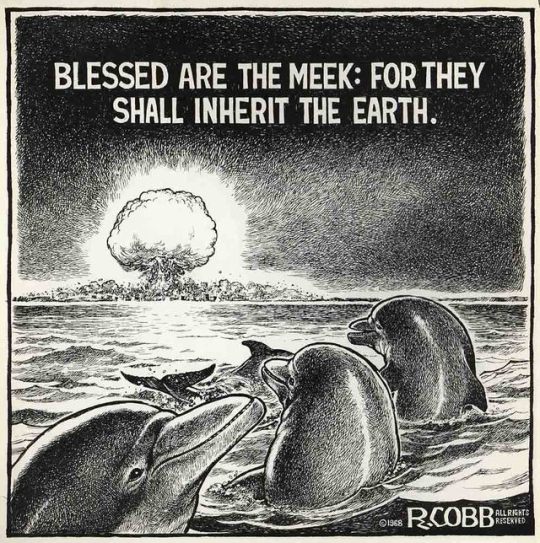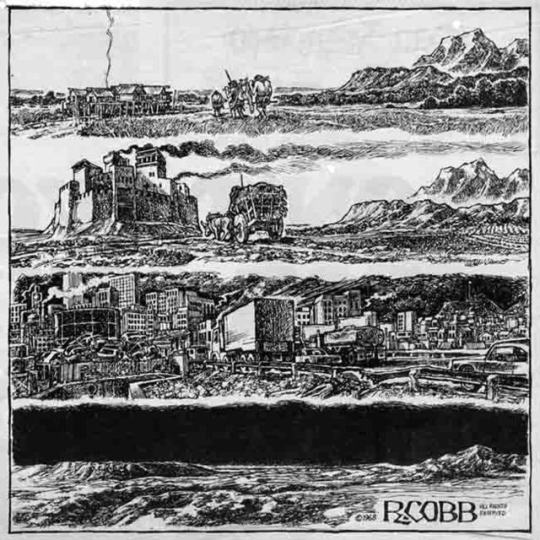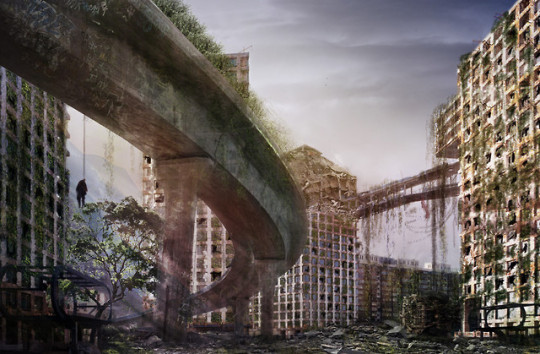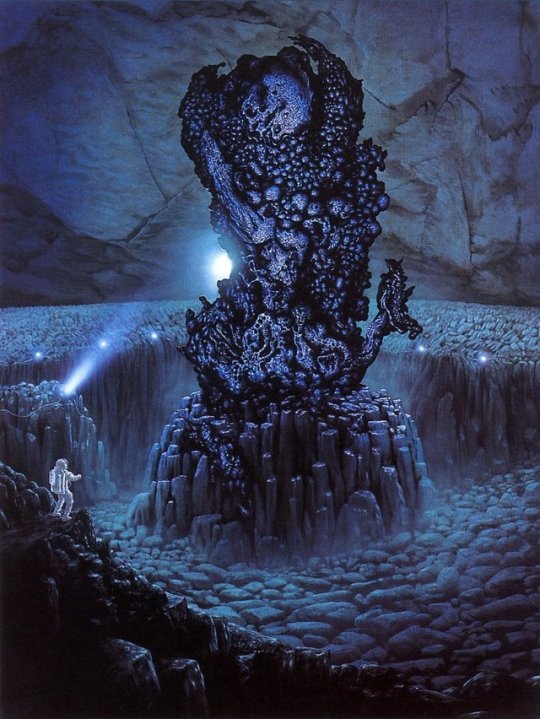Text
A New Life Awaits Us On The ALIEN EARTH
A New Life Awaits Us On The ALIEN EARTH
This is a short speech I gave a few nights ago.
You can listen to the recording and/or read the text below.
(more…)
View On WordPress
2 notes
·
View notes
Quote
It’s a fascinating story. Goshawks once bred across the British Isles. ‘There are divers Sorts and Sizes of Goshawks,’ wrote Richard Blome in 1618, ‘which are different in Goodness, force and hardiness according to the several Countries where they are Bred; but no place affords so good as those of Moscovy, Norway, and the North of Ireland, especially in the County of Tyrone.’ But the qualities of goshawks were forgotten with the advent of Land Enclosure, which limited the ability of ordinary folk to fly hawks, and the advent of accurate firearms that made shooting, rather than falconry, high fashion. Goshawks became vermin, not hunting companions. Their persecution by gamekeepers was the final straw for a goshawk population already struggling from habitat loss. By the late nineteenth century British goshawks were extinct. I have a photograph of the stuffed remains of one of the last birds to be shot; a black-and-white snapshot of a bird from a Scottish estate, draggled, stuffed and glassy-eyed. They were gone.
But in the 1960s and 1970s, falconers started a quiet, unofficial scheme to bring them back. The British Falconers’ Club worked out that for the cost of importing a goshawk from the Continent for falconry, you could afford to bring in a second bird and release it. Buy one, set one free. It wasn’t a hard thing to do with a bird as self-reliant and predatory as a gos. You just found a forest and opened the box. Like-minded falconers started doing this all over Britain. The hawks came from Sweden, Germany and Finland: most were huge, pale, taiga forest gosses. Some were released on purpose. Some were simply lost. They survived, found each other and bred, secretly and successfully. Today their descendants number around four hundred and fifty pairs. Elusive, spectacular, utterly at home, the fact of these British goshawks makes me happy. Their existence gives the lie to the thought that the wild is always something untouched by human hearts and hands. The wild can be human work.
H is for Hawk, Helen Macdonald
8 notes
·
View notes
Text

A Cyborg Manifesto by Donna Haraway, republished by AnarchoTranshuman.
Click image for imposed-PDF ready for printing.
137 notes
·
View notes
Photo

The ocean molded this clump of bricks into a rock shape
via
92K notes
·
View notes
Quote
Instead of waging wars for oil, we should study what sorts of communities thrived in the Pliocene, the last time the temperature was three degrees Fahrenheit higher; we should find what sorts of plants build topsoil at higher altitudes and prepare to plat them as glaciers recede.
Dorion Sagan in The Art of Living on a Damaged Planet
2 notes
·
View notes
Photo







#r.cobb#ron cobb#political cartoons#overpopulation#terminal civilisation#post apoc#post apocalypse#ufos#Fermi Paradox#xenoarchaelogist#littering
77 notes
·
View notes
Photo

4 notes
·
View notes
Link
#exclusion zones#rewilding#planetary park#good anthropocenes#Post Anthropocene#christopher brown#secrets of the feral city
0 notes
Photo

Beijing by Richard Quittenton
57 notes
·
View notes
Quote
Is the emergence of a technologically advanced civilisation necessarily contingent on the easy availability of ancient energy? Is it possible to build an industrialised civilisation without fossil fuels? And the answer to that question is: maybe – but it would be extremely difficult.
#successor species#the world without us#ancient energy#post industrial civilisation#post Collapse#type zero society#posthuman world#post-human world
0 notes
Video
youtube
stumbled onto this mini-series from 2015 on Netflix the other night and real sad to find it never got a full season (only fault was they went way too heavy with the Blade Runner filter)
1 note
·
View note
Audio
this is why I still listen to these bernie bros
2 notes
·
View notes
Video
youtube
2 notes
·
View notes
Photo

Jim Burns
1K notes
·
View notes
Quote
At the Institute for Marine Mammal Studies in Mississippi, Kelly the dolphin has built up quite a reputation. All the dolphins at the institute are trained to hold onto any litter that falls into their pools until they see a trainer, when they can trade the litter for fish. In this way, the dolphins help to keep their pools clean.
Kelly has taken this task one step further. When people drop paper into the water she hides it under a rock at the bottom of the pool. The next time a trainer passes, she goes down to the rock and tears off a piece of paper to give to the trainer. After a fish reward, she goes back down, tears off another piece of paper, gets another fish, and so on. This behaviour is interesting because it shows that Kelly has a sense of the future and delays gratification. She has realised that a big piece of paper gets the same reward as a small piece and so delivers only small pieces to keep the extra food coming. She has, in effect, trained the humans.
Her cunning has not stopped there. One day, when a gull flew into her pool, she grabbed it, waited for the trainers and then gave it to them. It was a large bird and so the trainers gave her lots of fish. This seemed to give Kelly a new idea. The next time she was fed, instead of eating the last fish, she took it to the bottom of the pool and hid it under the rock where she had been hiding the paper. When no trainers were present, she brought the fish to the surface and used it to lure the gulls, which she would catch to get even more fish. After mastering this lucrative strategy, she taught her calf, who taught other calves, and so gull-baiting has become a hot game among the dolphins.
Why dolphins are deep thinkers
1 note
·
View note
Quote
Miami a post-flood “dead zone” abandoned by government and left to rewild, reclaimed by pythons and alligators...
0 notes